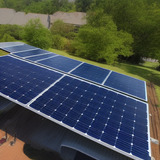8 Easy Ways to Improve Your Car's Gas Mileage
Improving your car's gas mileage doesn't have to be a complicated or expensive process. In fact, many of the most effective gas-saving techniques are free and can be done right at home. From driving more efficiently to keeping your car in good running condition, there are plenty of ways to make your car more fuel-efficient and save money on gas.
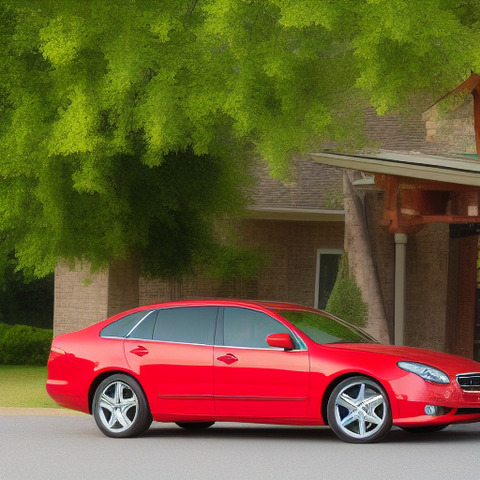
Improving your car's gas mileage doesn't have to be a complicated or expensive process. In fact, many of the most effective gas-saving techniques are free and can be done right at home. From driving more efficiently to keeping your car in good running condition, there are plenty of ways to make your car more fuel-efficient and save money on gas.
Remove unnecessary weight from your car
Every extra pound your car has to carry reduces its gas mileage. So, if you don't need it, remove it! That means removing unnecessary items from your car, such as clutter in the trunk or back seat. You can also save weight by regularly removing items from your car that you no longer need.
You can also save weight by choosing a lighter vehicle. Look for a car with a lighter body and smaller engine, as these tend to be more fuel-efficient. If you're in the market for a new car, consider a hybrid or electric vehicle. These cars are specifically designed to be more fuel-efficient and can save you a significant amount of money on gas over time.
Plan your trips to combine errands and reduce driving time
One of the most effective ways to improve your car's gas mileage is to plan your trips more efficiently. Instead of making multiple trips for different errands, try to combine them into a single trip whenever possible. This can help reduce the overall distance you travel, which in turn can improve your car's fuel efficiency.
Another way to reduce driving time is to avoid idling. When you're stopped at a red light or in traffic, turn off your engine and wait for the light to turn green. This can help improve your car's gas mileage by reducing the amount of fuel you use while idling.
Finally, try to avoid rapid acceleration and sudden braking, which can also have a negative impact on your car's fuel efficiency. Instead, drive at a steady pace and avoid sudden changes in speed.
Keep your tires properly inflated
Underinflated tires can reduce your car's gas mileage by causing your car to use more energy to move forward. Make sure to check your tire pressure regularly and keep them inflated to the recommended level. This is a quick and easy way to improve your car's fuel efficiency and save some money on gas.
If you're not sure how to check your tire pressure, you can usually find the recommended level in your car's owner manual or on a sticker on the driver's side door jamb. You can also use a tire pressure gauge, which can be purchased at most auto parts stores or online.
If your car has an eco-mode, use it
Many newer cars come with an "eco-mode" or "energy-saving mode" that can help improve fuel efficiency. This mode limits the car's acceleration and engine power to reduce fuel consumption. If your car has an eco-mode, try using it during your daily commute or on longer trips. While it may not noticeably change your driving experience, it can significantly improve your car's gas mileage.
If you're not sure if your car has an eco-mode or how to use it, consult your car's user manual or talk to your mechanic. They can help you understand how to activate and use the feature to get the best possible fuel efficiency.
If your car has a tachometer, learn how to use it
If your car has a tachometer, you can use it to improve your gas mileage by driving more efficiently. The tachometer measures the speed of your car's engine in revolutions per minute (RPM), and it can help you keep your engine running at its most efficient speed.
To use the tachometer to improve your gas mileage, pay attention to the RPM gauge when you're driving. When you're cruising on the highway, try to keep the RPM between 2,000 and 3,000. If you're driving at a steady speed on a flat road, try to keep the RPM around 1,000. When you're accelerating, try to keep the RPM below 3,000. By using the tachometer, you can make small changes to your driving habits that can add up to big savings at the pump.
If your car has a manual transmission, learn how to use it
Manual transmission cars are typically more fuel-efficient than their automatic transmission counterparts. However, many drivers don't realize the full potential of their manual transmission because they don't know how to use it properly. To improve your car's gas mileage, learn how to shift gears smoothly and avoid excessive revving.
To shift gears smoothly, start by finding the right RPM (revolutions per minute) for each gear. This will help you avoid shifting too early or too late, which can waste gas. As you drive, pay attention to your RPM and use the shift indicator on your dashboard to guide you.
In addition to smoother shifting, using the right gear can also improve your car's gas mileage. For example, driving in fifth gear at 55 MPH will use less fuel than driving in third gear at the same speed. By using the right gear for the speed you're driving, you can reduce your fuel consumption and save money on gas.
Don't drive with the brakes on
One of the most effective ways to improve your car's gas mileage is to avoid driving with the brakes on. Every time you brake hard, you're wasting energy and burning more fuel. Instead, try to anticipate red lights and stop signs, and come to a gentle stop. You'll use less fuel and reduce wear and tear on your brakes.
If you're in heavy traffic or driving in hilly terrain, you may need to brake more frequently. But whenever possible, try to avoid sudden braking and acceleration, as these can significantly reduce your car's fuel efficiency.
Avoid speeding, which wastes gas
One of the most effective ways to improve your car's gas mileage is to drive more efficiently. This means driving at a slower pace, avoiding sudden acceleration and braking, and avoiding high speeds. When you drive faster, your car's engine works harder to maintain speed, which wastes more gas.
To improve your fuel efficiency, try to maintain a steady speed and avoid accelerating quickly or braking hard. You should also avoid driving at high speeds, as this will also waste gas. By driving more efficiently, you can significantly improve your car's gas mileage and reduce your fuel costs.
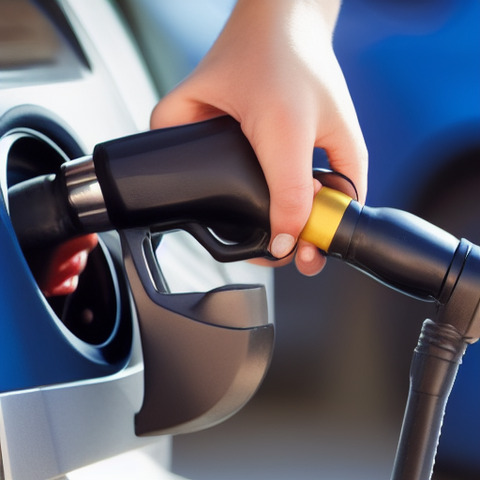
Improving your car's gas mileage is a simple and effective way to save money on fuel. By following these tips and making a few changes to your driving habits, you can significantly increase your car's fuel efficiency and reduce your fuel costs. With a little effort and dedication, you can start saving money on gas today and enjoy the benefits of a more fuel-efficient car.
Remember, improving your car's gas mileage is a long-term process that requires consistent effort and attention. But with the right knowledge and tools, you can make your car more fuel-efficient and enjoy the benefits of reduced fuel costs for years to come.
 By: @Alex
(Alex Turner)
By: @Alex
(Alex Turner)
Top Stories
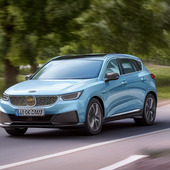
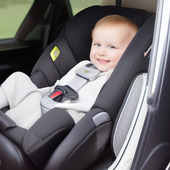
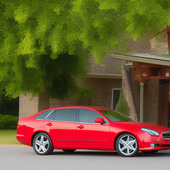
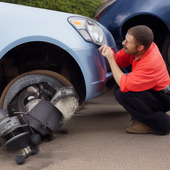
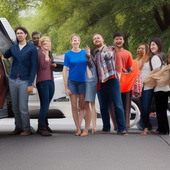

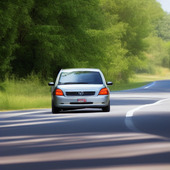

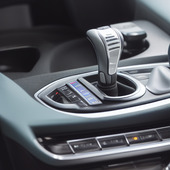
Popular Articles











